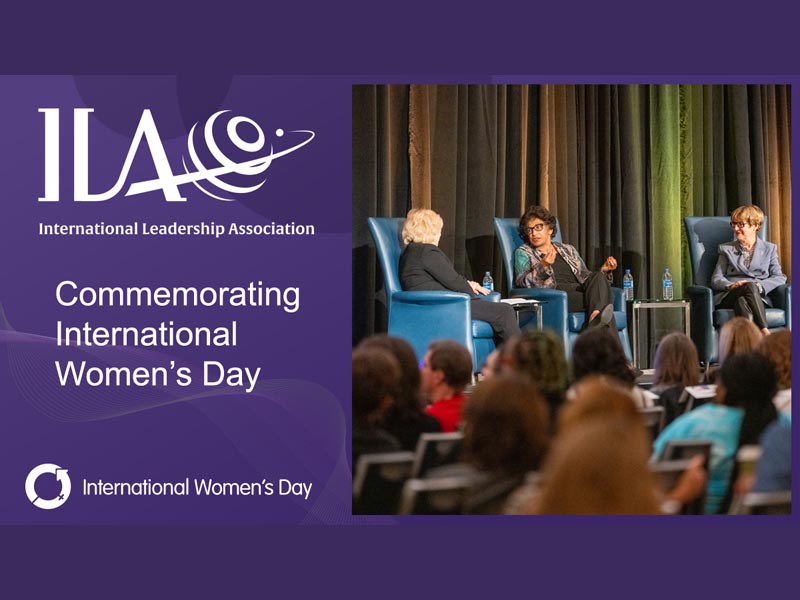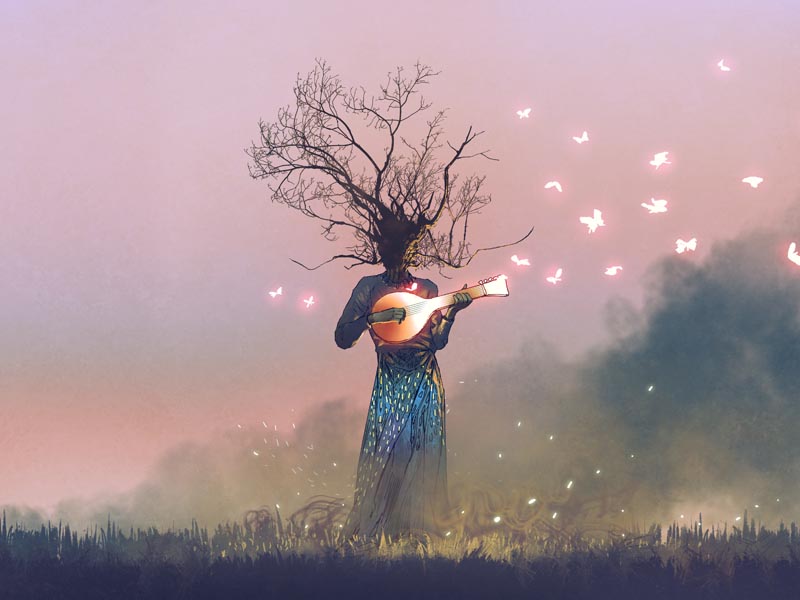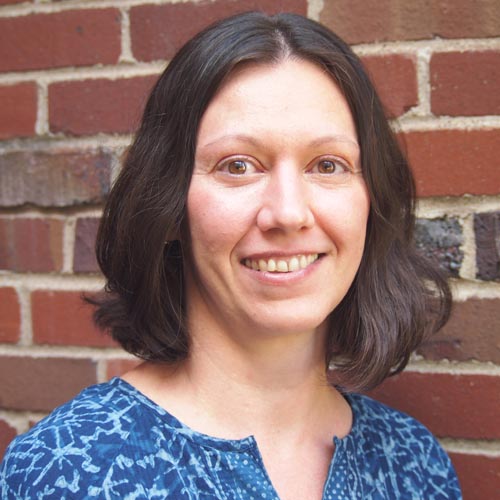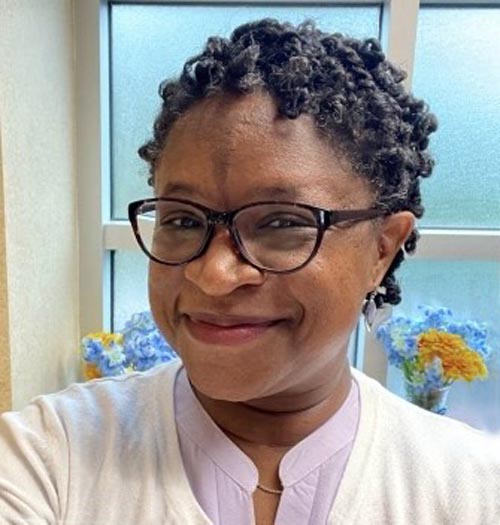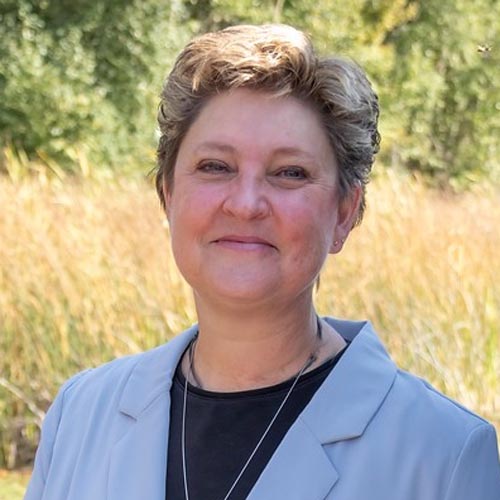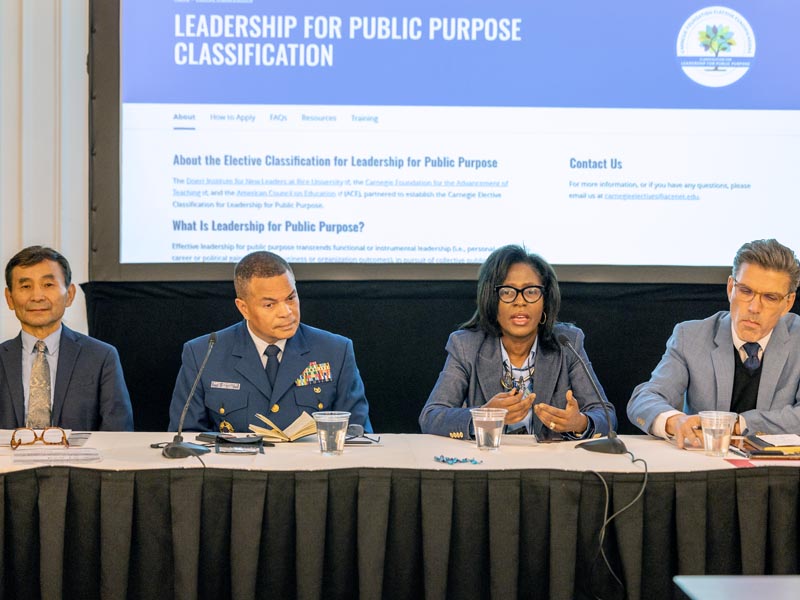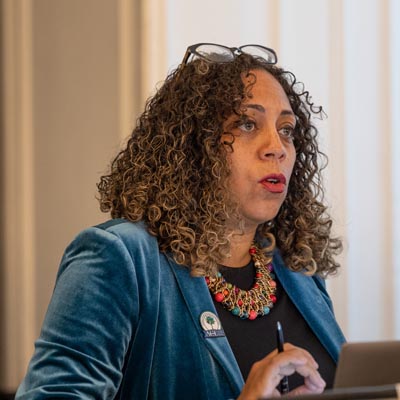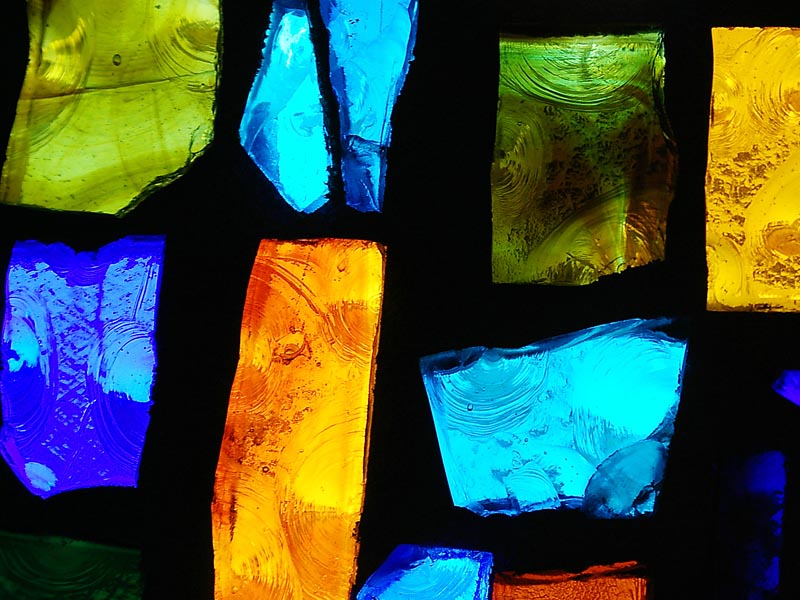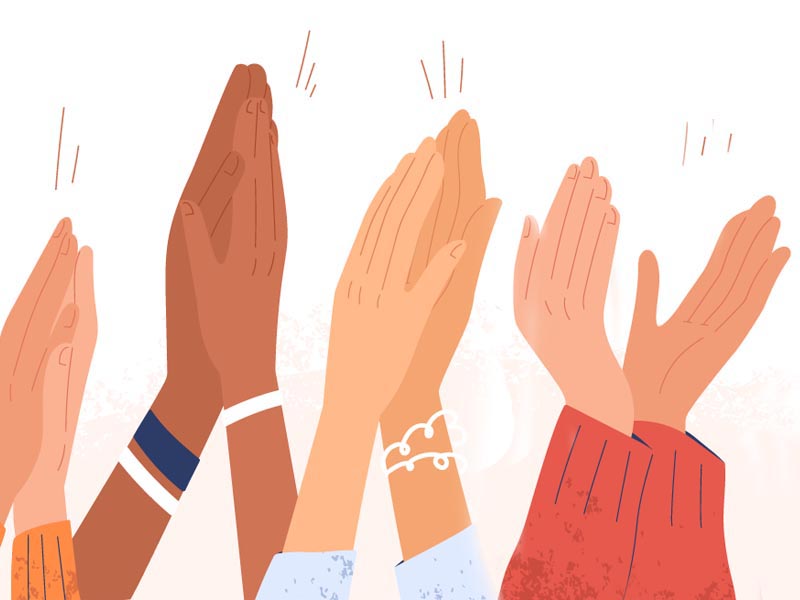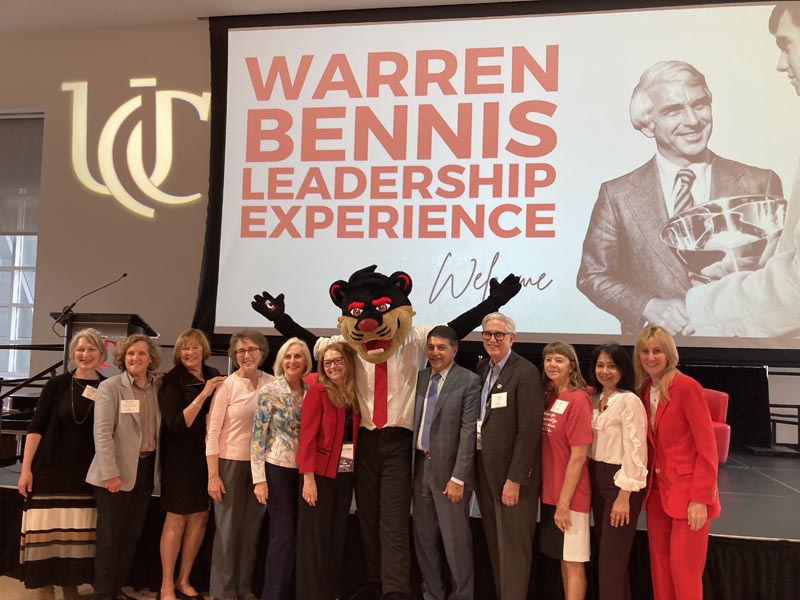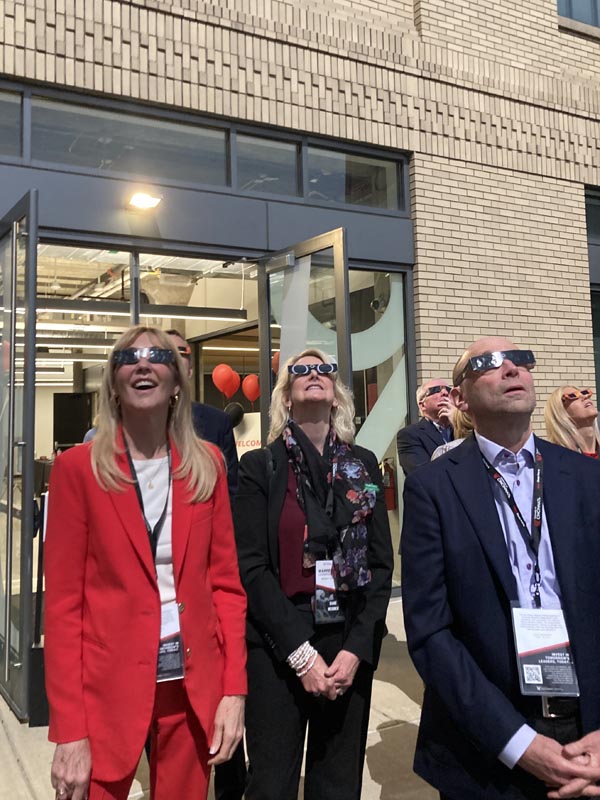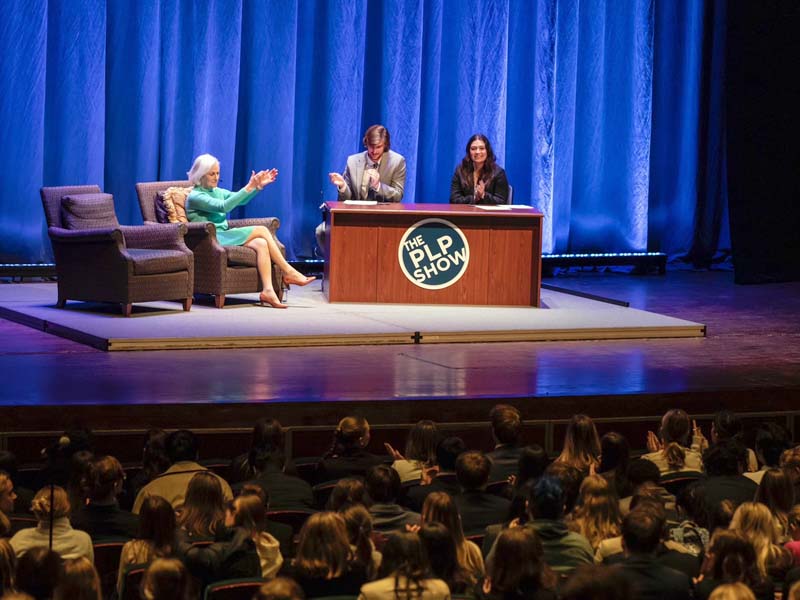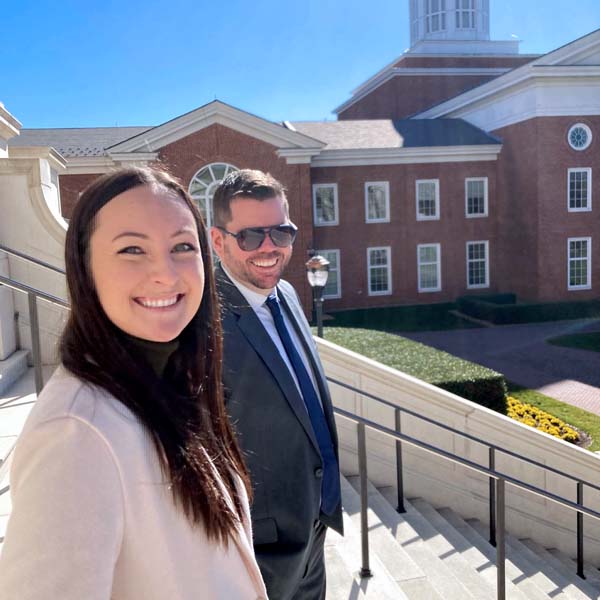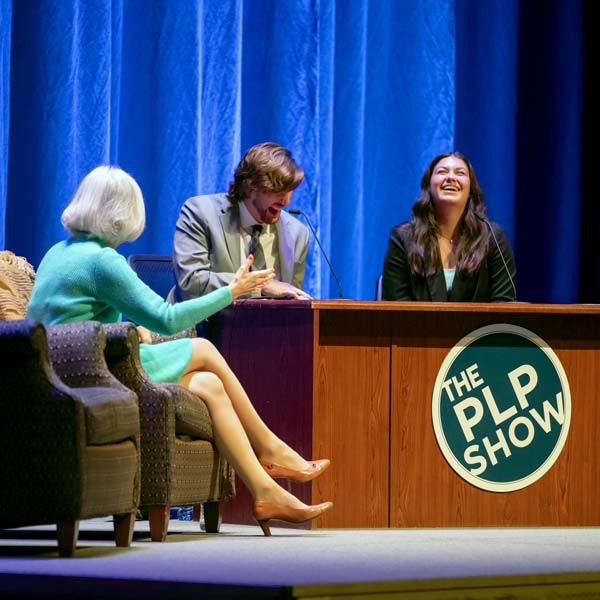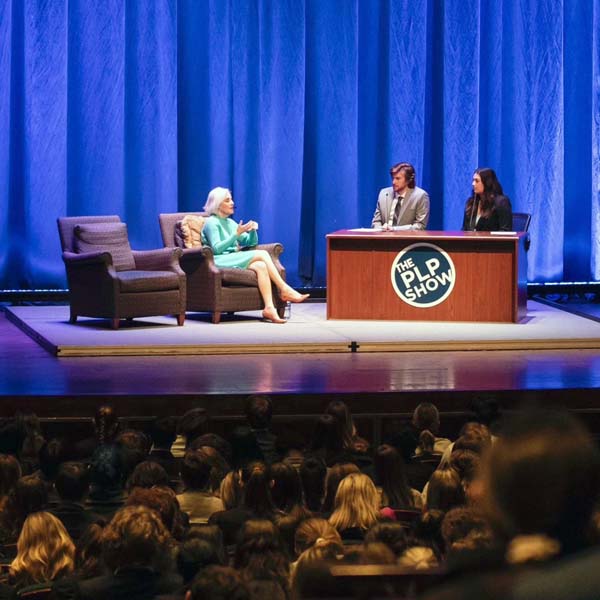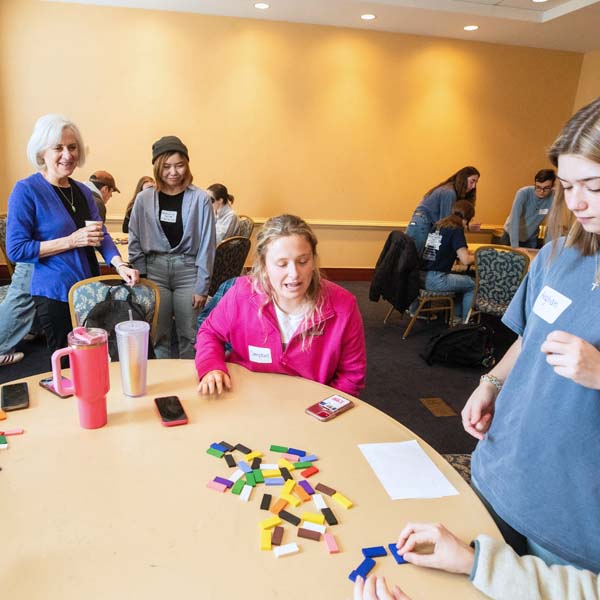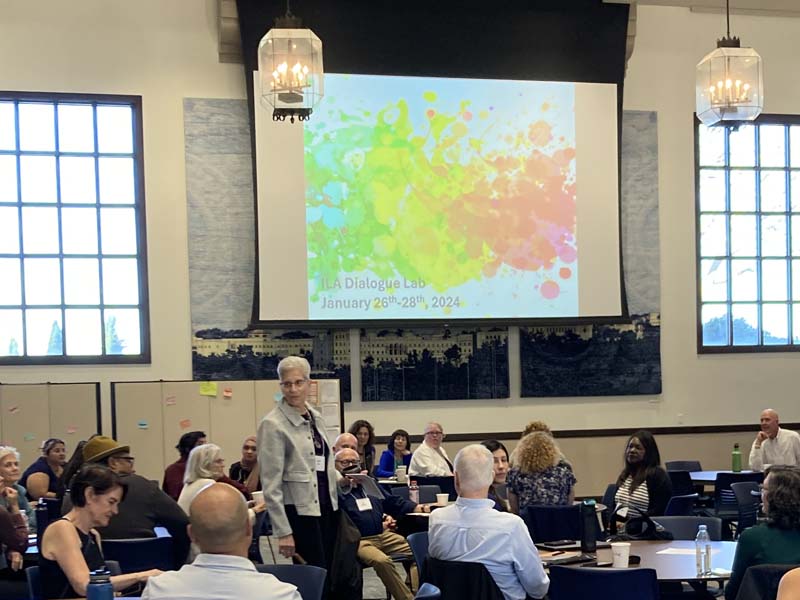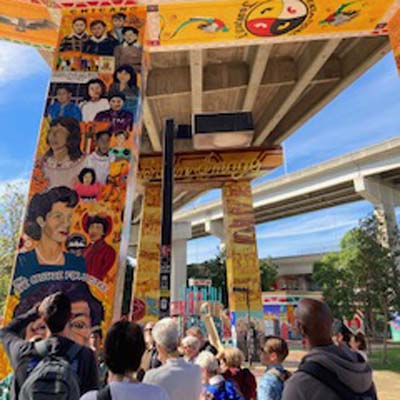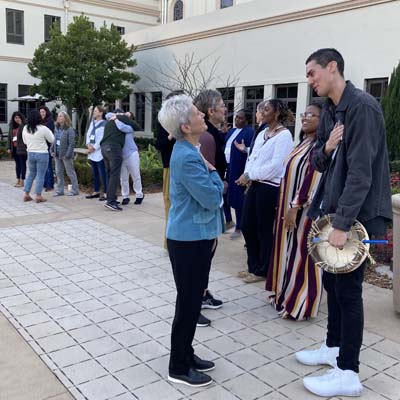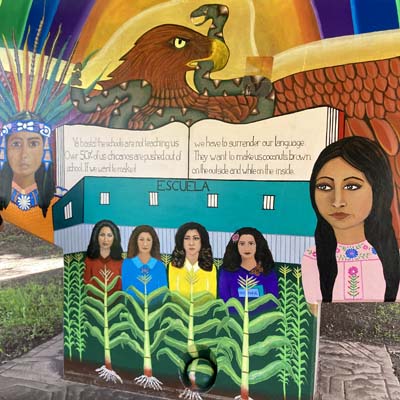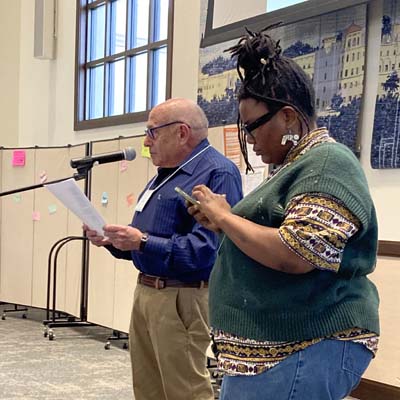
Editors: Christine Haskell, Catharyn Baird, and Randal Joy Thompson
- 26 June 2025
Share this article:
Please submit your proposed chapter title, abstract (up to 500 words) and a short bio (75 words) by 31 August 2025, to Christine Haskell via this form. Please include your full name and institutional or organizational affiliation.
Invitation to Submit
We invite people engaged in all aspects of AI — design, deployment, critique, research, governance, and use — to submit a 500-word chapter abstract for our forthcoming volume. This book will spark vital conversations about the theories, possibilities, and problems AI poses for society — and for women in particular — while interrogating the gender gaps in adoption and leadership, and exploring how women leaders are overcoming them.
We encourage submissions from technologists, policymakers, nonprofit leaders, educators, entrepreneurs, students, and scholars. Whether you work in a tech lab, a boardroom, or a community hub, your lived experience and your vision for ethical AI leadership are essential to this conversation. We especially welcome chapters that go beyond critique to offer replicable practices, frameworks, or policies for inclusive leadership in AI design, governance, hiring, product development, and public engagement.
Although AI is the primary focus of this volume, we also welcome proposals that explore intersections with related emerging technologies, such as biometric surveillance, neurotech, data governance platforms, and blockchain, where ethical, equity, and leadership challenges often mirror AI’s.
We particularly seek chapters that present practical solutions, critical insights, or promising practices to ensure AI supports, rather than supplants, women and humanity overall. We welcome contributions from those designing AI, applying it in organizations, studying its impacts, critiquing its development, or conducting interviews with women leading in AI. Submissions from people of diverse racial, ethnic, geographic, LGBTQ+, and disciplinary backgrounds are highly encouraged, as we aim to reflect a wide spectrum of experiences.
This volume extends the mission of the Women and Leadership series by situating women’s leadership at the forefront of technological change. AI is not just a tool. It is a powerful force reshaping economies, labor, governance, and culture. Women’s leadership must be equally powerful, moving beyond critique to the co-creation of ethical, inclusive, and accountable systems. This book positions women as agents of that change.
We urge contributors to be bold and imaginative. This is a platform not only to analyze and critique, but to chart new possibilities for women’s leadership in AI. Together, we aim to produce a cutting-edge dialogue that informs practitioners, inspires emerging leaders, and challenges the tech industry to evolve.
Requested Submissions and Book Production Timeline
31 August 2025: Abstracts due
30 October 2025: Selection notifications
28 February 2026: Draft chapters due (5,000 words, excl. references)
28 February – 15 May 2026: Peer/editorial review
15 May 2026: Feedback provided
15 June 2026: Final revisions due
July–December 2026: Production
30 January 2027: Publication
Background
Artificial Intelligence (AI) is rapidly transforming how we live and work, from diagnosing disease to streamlining global supply chains. Its rise promises unprecedented innovation across nearly every industry. Yet as AI evolves, so do concerns about its social, ethical, and economic consequences. Understanding both the benefits and risks is essential to ensuring these technologies serve — not undermine, human values.
AI’s advantages are already visible. In healthcare, AI-powered tools detect disease at earlier stages and predict patient outcomes. Systems like Google’s DeepMind have achieved remarkable accuracy in diagnosing breast and eye conditions, sometimes outperforming human clinicians (McKinney et al., 2020). In business, AI automates tasks, analyzes customer behavior, and enhances decision-making. Retailers use it to personalize experiences; financial institutions rely on it to detect fraud (PwC, 2018). AI also supports climate modeling and energy optimization, advancing environmental sustainability (Rolnick et al., 2019).
But the risks are real. AI is displacing jobs, with Goldman Sachs estimating up to 300 million full-time positions may be affected globally (2023). Algorithmic bias—particularly against women, people of color, and people with disabilities—remains widespread. Facial recognition systems have misidentified individuals with darker skin tones, leading to false arrests and serious harms (Buolamwini & Gebru, 2018). As Meredith Broussard (2024) argues, neutrality in tech is a myth; racism, sexism, and ableism are often coded into the system.
Privacy and surveillance concerns continue to grow. AI can harvest and exploit vast amounts of personal data without robust regulation. China’s social credit system exemplifies how AI is already being used for mass surveillance, raising profound questions about civil liberties and authoritarian control (Creemers, 2018). Meanwhile, existential risks—should AI systems surpass human intelligence without alignment to human values—remain a concern among leading thinkers like Stephen Hawking and Elon Musk (Cellan-Jones, 2014; Clifford, 2017).
The leadership gap is just as urgent. Women use AI tools at significantly lower rates than men. Recent studies from Harvard and the World Economic Forum show adoption gaps of up to 25%—a disparity linked to ethical concerns and fear of judgment in male-dominated workplaces (Otis et al., 2025; Kreacic & Stone, 2024). Feminist HCI and data feminism offer powerful critiques of how design, data, and systems reinforce gendered power structures (Toupin, 2023), but these frameworks are often absent from mainstream AI development.
This volume brings the Women and Leadership series into conversation with one of the most consequential technologies of our time. It centers women’s leadership as a force of resistance, redesign, and civic stewardship in the face of technological change. AI is not neutral—and neither is its future. It will be shaped by who participates, who leads, and who is heard.
Suggested Chapter Topics: (Additional topics welcome.)
Part I: Exposing Myths and Barriers
This section invites chapters that critically examine the systemic, structural, and cultural barriers women face in AI. Despite the promise of neutral or objective technology, AI systems often reinforce long-standing patterns of exclusion and inequity. Contributors are encouraged to challenge dominant narratives—such as the idea that AI is unbiased, purely technical, or equally accessible to all—and instead reveal the deeper social, historical, and epistemological forces that shape AI development and deployment. Chapters might explore the gender gap in AI adoption, the compounded impact of intersectional identity, or the myths that obscure power dynamics in design and data.
- Intersectionality: how race, class, ability, and gender shape experiences with AI
- The gender adoption gap: why women use AI less—and the costs of that divide
- Bias in AI systems and the myth of technological neutrality
- How AI impacts women differently across global, racial, or Indigenous contexts
Part II: Resistance and Leadership in Action
This section focuses on women leading change—within organizations, institutions, and communities—to make AI more ethical, inclusive, and human-centered. Contributors are invited to share real-world examples of how women are resisting the default, challenging exclusionary norms, and building alternatives. These might include case studies of organizational policies that promote equity in AI use, examples of women leaders using AI in creative and values-aligned ways, or analyses of how internal culture shifts and allyship enable more diverse leadership in technical environments. The emphasis here is on replicable insight: what’s working, what’s emerging, and what others can adapt.
- Organizational policies and practices that increase AI adoption among women
- Navigating the “AI boys’ club”: transforming tech culture from within
- How women leaders use AI to support creativity, inclusion, or mission-driven work
- Ethical implementation: governance models and frameworks led by women
- Interviews with women driving inclusive AI initiatives across sectors
Part III: Reimagining AI’s Future
The final section welcomes visionary, theoretical, and speculative explorations of what AI could become under inclusive and feminist leadership. AI systems reflect the values and assumptions of their creators—so what might AI look like if it were guided by the ethics of care, feminist epistemology, or principles of design justice? Contributors are encouraged to draw from feminist theory, critical tech studies, Indigenous worldviews, or philosophical inquiry to chart new directions. This section may also include speculative futures, utopian or dystopian visions, and proposals for governance structures that center equity, consent, and accountability. These chapters should stretch the boundaries of what AI can be, not just what it is.
- Feminist frameworks: HCI, ethics of care, data feminism, and design justice
- Philosophical questions about intelligence, epistemology, and AI futures
- Mentorship and education models that prepare the next generation
- Regulatory visions: feminist or community-led approaches to AI governance
- Speculative imaginaries: utopias and dystopias from a woman’s lens
References
Bardzell, S. (2010). Feminist HCI: Taking stock and outlining an agenda for design. https://wtf.tw/ref/bardzell.pdf
Broussard, M. (2024). More than a glitch: Confronting race, gender and ability bias in tech. The MIT Press.
Buolamwini, J., & Gebru, T. (2018). Gender shades: Intersectional accuracy disparities in commercial gender classification. Proceedings of the 1st Conference on Fairness, Accountability and Transparency.
Cellan-Jones, R. (2014, December 2). Stephen Hawking warns artificial intelligence could end mankind. BBC News. https://www.bbc.com/news/technology-30290540
Clifford, C. (2017, July 17). Elon Musk: AI is a fundamental risk to the existence of human civilization. CNBC. https://www.cnbc.com/2017/07/17/elon-musk-robots-will-be-able-to-do-everything-better-than-us.html
Creemers, R. (2018). China’s social credit system: An evolving practice of control. SSRN. http://dx.doi.org/10.2139/ssrn.3175792
Goldman Sachs. (2023). The Potentially Large Effects of Artificial Intelligence on Economic Growth. https://www.gspublishing.com/content/research/en/reports/2023/03/27/d64e052b-0f6e-45d7-967b-d7be35fabd16.html
Kreacic, A., & Stone, T. (2024, April 2). Women are falling behind on generative AI in the workplace. Here’s how to change that. World Economic Forum. https://www.weforum.org/stories/2024/04/women-generative-ai-workplace/
McKinney, S. M., Sieniek, M., Godbole, V., et al. (2020). International evaluation of an AI system for breast cancer screening. Nature, 577(7788), 89–94. https://doi.org/10.1038/s41586-019-1799-6
Otis, N., Delecourt, S., Cranney, K., & Koning, R. (2025) Global evidence on gender gaps and generative AI. Harvard Business School Working Paper Series. https://www.hbs.edu/faculty/Pages/item.aspx?num=66548
Pause Giant AI Experiments: An Open Letter. (2023, March 22). Future of Life Institute. https://futureoflife.org/open-letter/pause-giant-ai-experiments/
PwC. (2018). AI will transform the productivity and GDP potential of the global economy.
Rolnick, D., Donti, P. L., Kaack, L. H., et al. (2019). Tackling climate change with machine learning. https://doi.org/10.48550/arXiv.1906.05433
Marcus, G., & Reuel, A. (2023, April 18). The world needs an international agency for artificial intelligence, say two AI experts. The Economist. https://www.economist.com/by-invitation/2023/04/18/the-world-needs-an-international-agency-for-artificial-intelligence-say-two-ai-experts
Toupin, S. (2023) Shaping feminist artificial intelligence. New Media and Society. 26(1). https://doi.org/10.1177/14614448221150776
Volume Co-Editors
Catharyn Baird, JD, is the Founder/CEO of EthicsGame, LLC and Professor of Business, Emeritus, Regis University, Denver, CO. Baird created the Ethical Lens Inventory™, a typology used by more than 650,000 people to determine their ethical preference and leadership style. Her current research focuses on the ethics of emerging technologies as together we create communities where humans can thrive.
Randal Joy Thompson, PhD, is a Scholar-Practitioner with 40 years of professional experience in international development, serving in countries around the world, and is a Fellow with the Institute for Social Innovation, Fielding Graduate University.
About TRANSFORMATIVE WOMEN LEADERS
The Transformative Women Leaders Series is published in collaboration between the International Leadership Association (ILA) and Emerald Publishing. Celebrating women leaders and the leadership styles they employ to achieve success, the books in this series highlight successful context-specific leadership approaches and the moral qualities of endurance. Serving as a model and inspiration for young women leaders entering the workforce and for women leaders currently facing challenges, it provides a community for women leaders around the world.
The series is edited by members of ILA’s Women and Leadership member community.
Chrys Egan, Salisbury University, USA
Dionne Rosser-Mims, Troy University, USA
Randal Joy Thompson, Fielding Graduate University, USA

